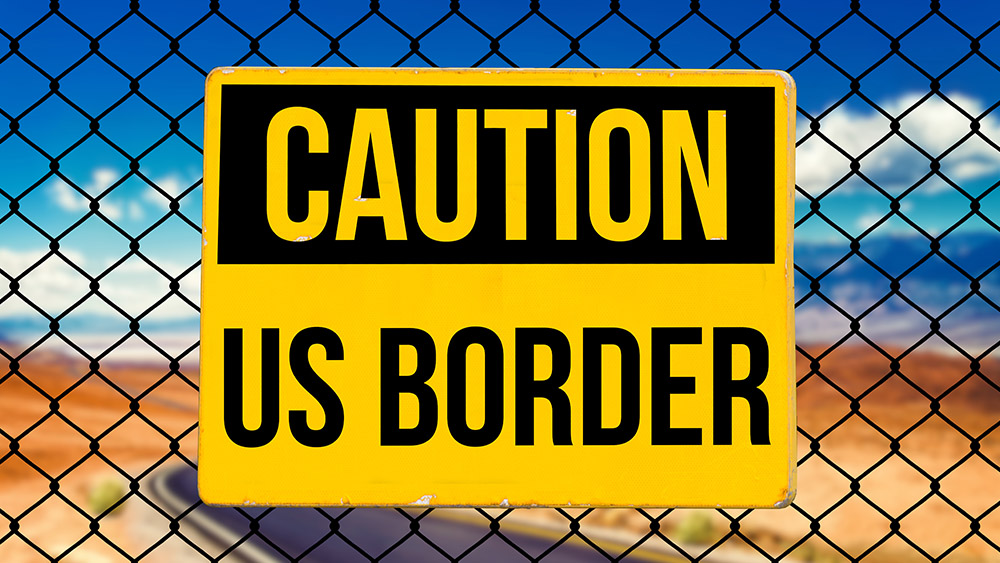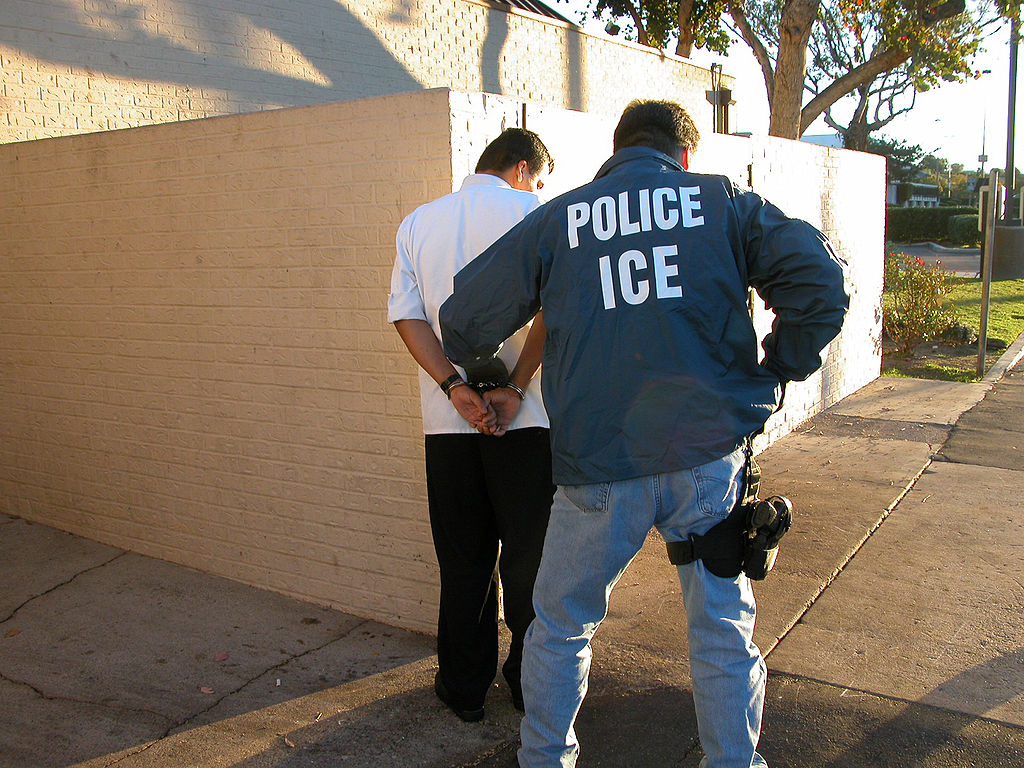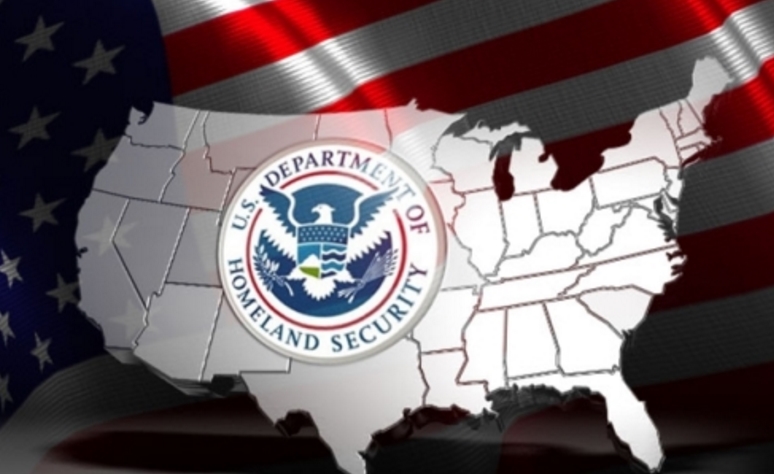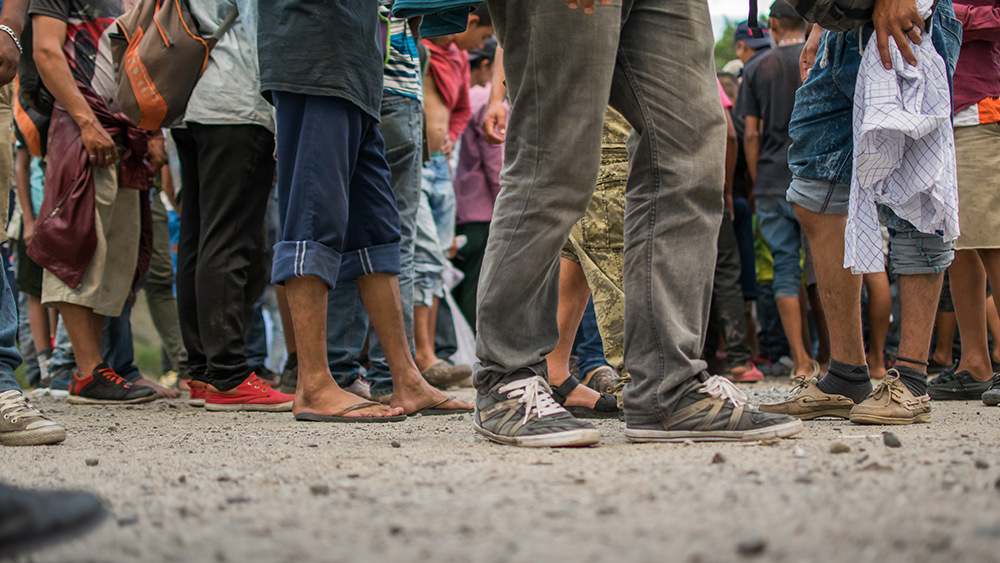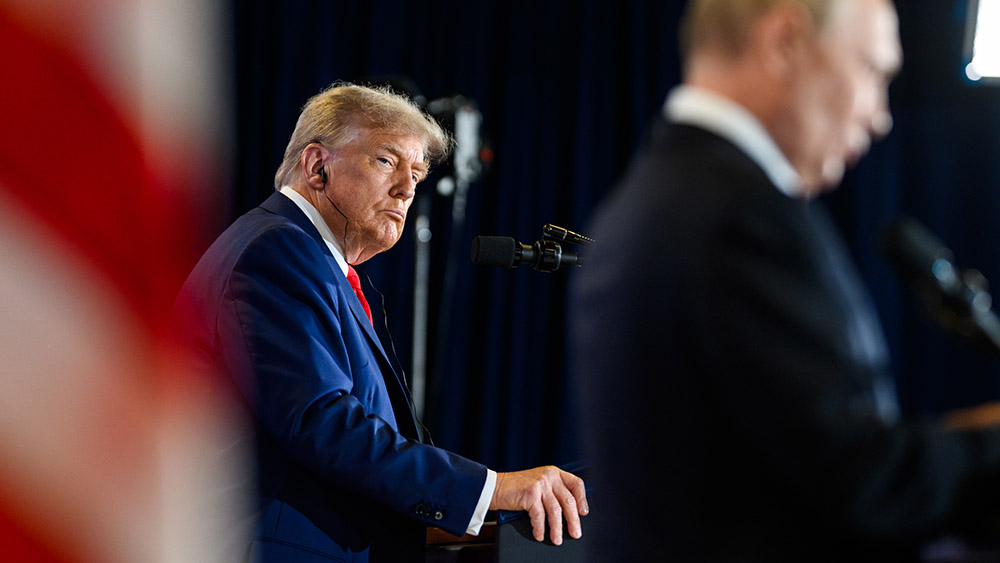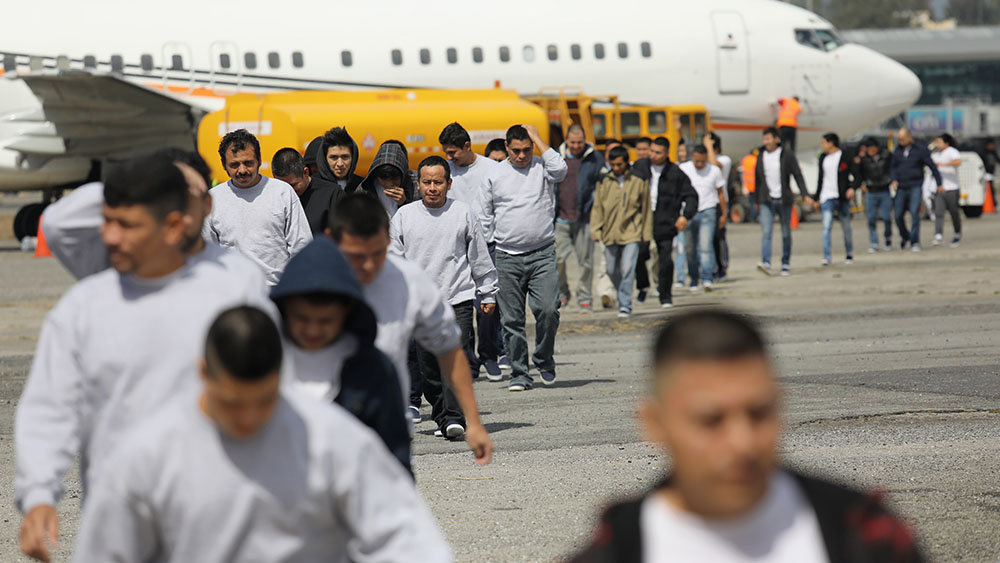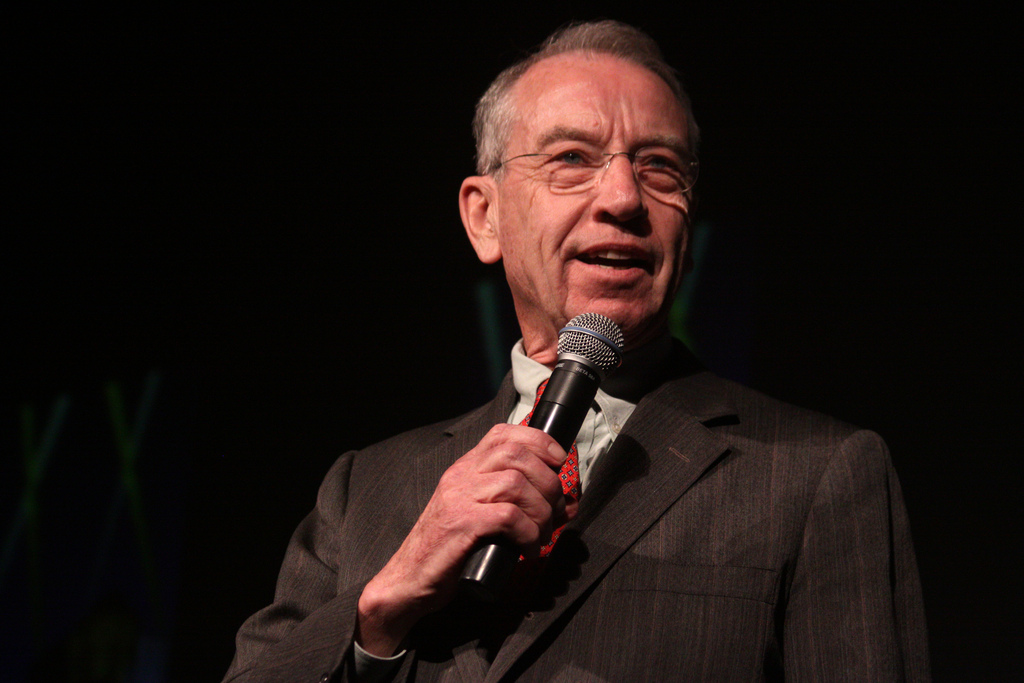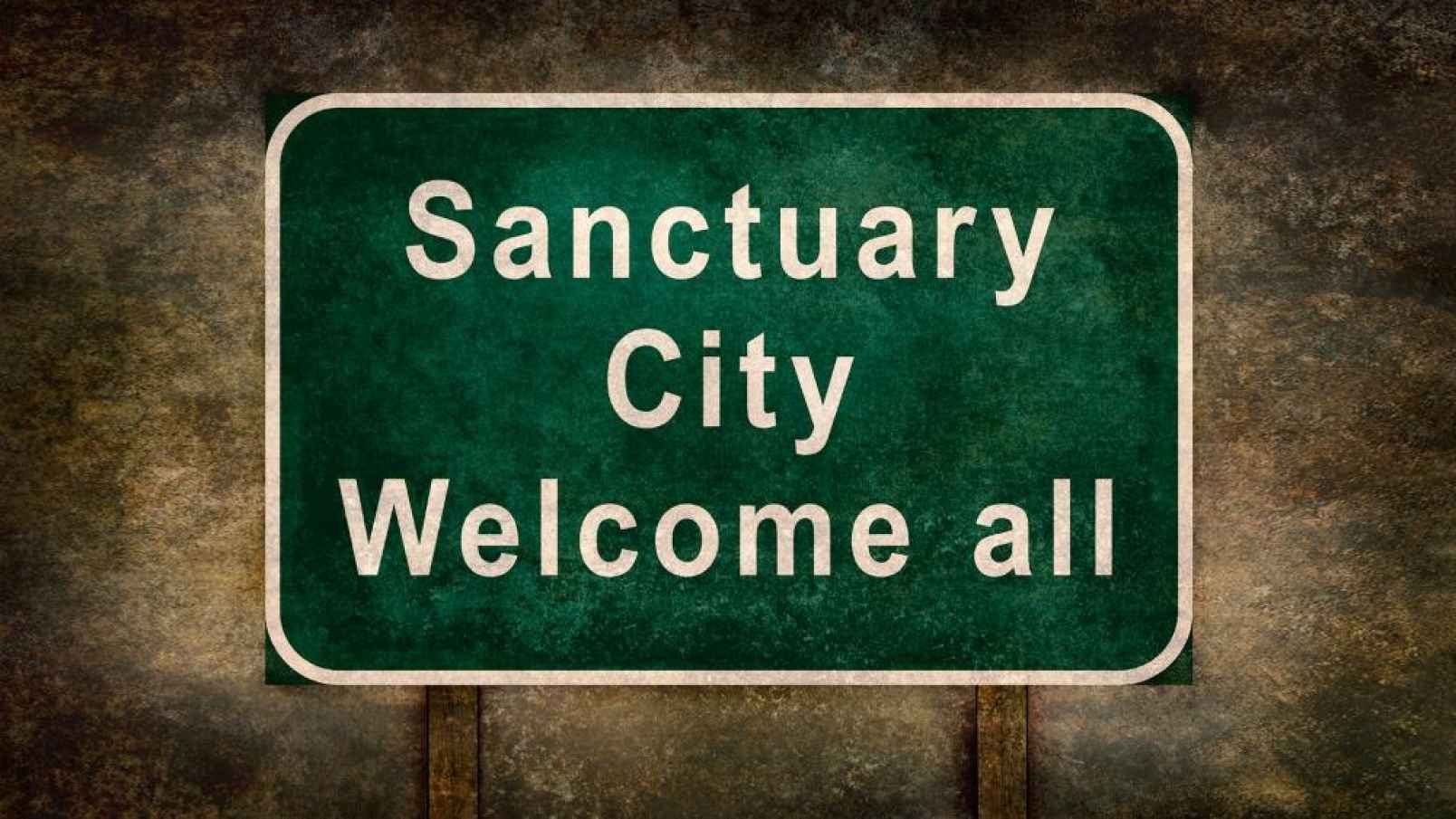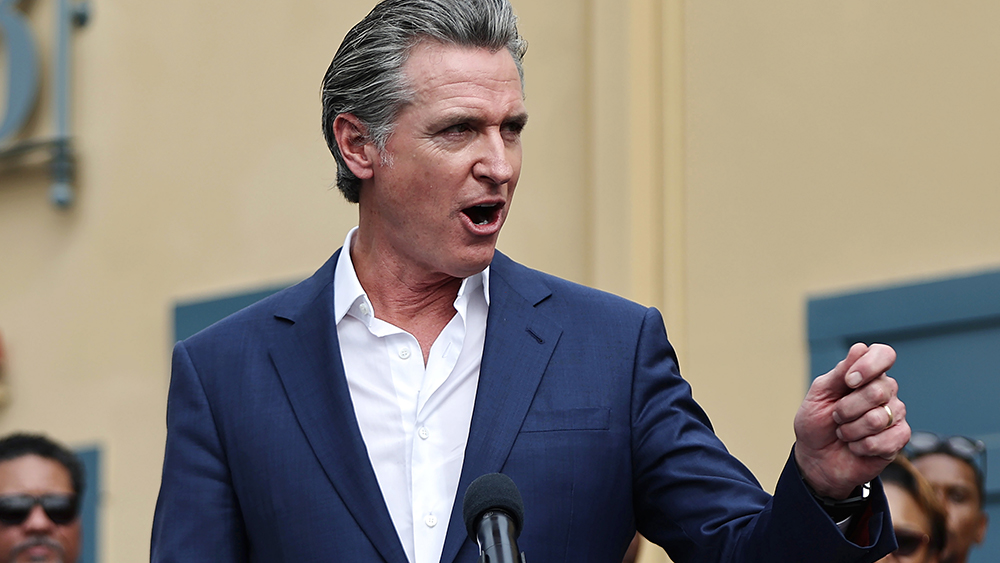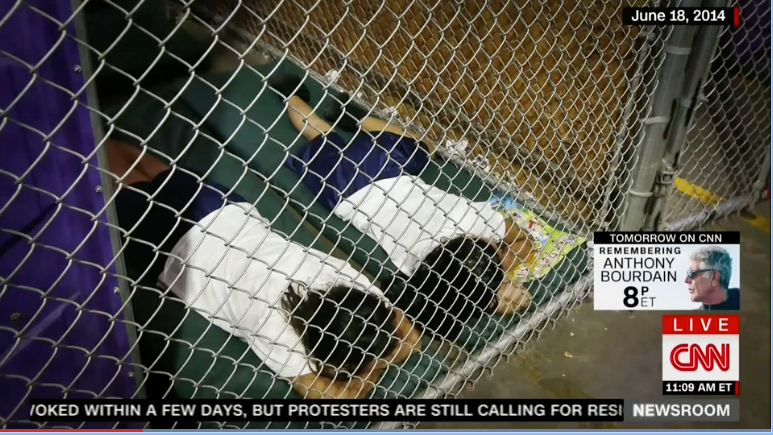Trump’s border crackdown reshapes migration flows
10/09/2025 / By Patrick Lewis
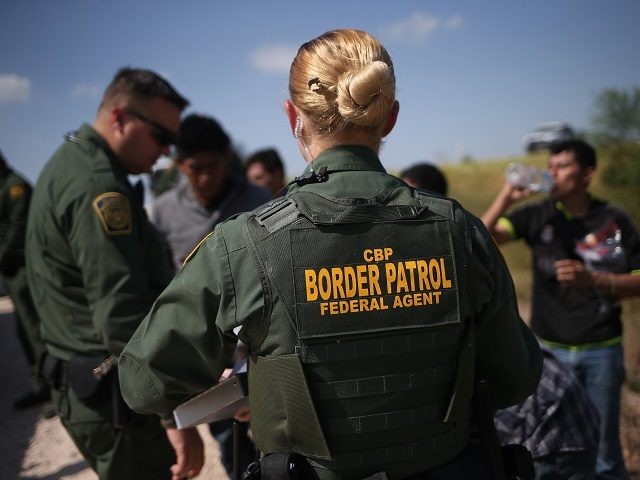
- Trump’s border crackdown is credited with sharply reducing illegal crossings—and is now prompting migration routes to reroute entirely toward places like Mexico City.
- Supporters argue this approach doesn’t just deter entry—it changes regional migration logic by making U.S. entry nearly unviable.
- Illinois Gov. J.B. Pritzker warns that normalized federal military presence in cities could pave the way for election interference in 2026, e.g. ballot?box oversight or seizure.
- Federal courts have blocked several Trump administration measures, including the policy to transfer migrant youths into adult detention, restrictions on benefits for undocumented immigrants and expansions of executive power.
- Even as courts push back, the Supreme Court recently allowed removal of Temporary Protected Status for Venezuelans, spotlighting the tug?of?war between executive ambition and judicial limits.
In a striking recalibration of U.S. immigration policy, the Trump administration’s uncompromising stance at the southern border is reshaping migration flows and provoking fierce debates over executive power and civil liberties. Officials privately and publicly assert that the border is now the most secure in decades—perhaps since 1970—citing steep declines in illegal entries and a new deterrent effect reverberating across Central and South America.
Proponents of the approach argue that migrant caravans, once bound for U.S. entry points, are instead rerouting entirely toward places like Mexico City to avoid enforcement lines. They point to one high?profile Cuban?led caravan whose organizers reportedly abandoned plans for U.S. entry, explicitly citing the administration’s hardened posture as a major deterrent. In this narrative, Trump’s policies are doing more than stem crossings—they are altering the very logic of migration in the region.
Yet for many critics, the political implications are deeply troubling. Illinois Governor J.B. Pritzker has warned that the normalization of federal military presence—even in nominally civilian settings—could serve as a rehearsal for election interference in 2026, with fears of ballot box seizures or direct federal supervision of vote counts. While the White House has avoided directly addressing these ominous hypotheticals, the expanding deployment of militarized border tactics fuels intensifying scrutiny over the long?term impact on American democracy.
Legal pushback is already mounting. Several key moves in the Trump administration’s immigration agenda have been blocked in the courts. A federal judge temporarily halted the policy that would transfer unaccompanied minors into adult detention settings once they turn 18, citing established precedents that require lighter settings for youths.
Meanwhile, courts have pushed back against attempts to end certain public benefits for undocumented immigrants. Perhaps most provocatively, the administration filed suit against all 15 federal judges in Maryland, challenging a standing court order that mandates a delay before deportations may proceed when habeas petitions are filed. The move is being framed by the White House as a necessary confrontation of judicial overreach hindering border enforcement.
Even within these battles, some Trump victories have landed. The Supreme Court recently permitted the administration to strip Temporary Protected Status from more than 300,000 Venezuelan migrants, effectively siding with executive discretion over lower court rulings. Still, in lower courts, a key attempt to bar birthright citizenship via executive order has again been declared unconstitutional—this time by a second appeals court ruling reinforcing injunctions that block the policy. And in a notable setback, an appellate panel struck down the administration’s use of the 1798 Alien Enemies Act to deport Venezuelan gang suspects, holding that wartime legal authority cannot be stretched to domestic immigration enforcement in peacetime.
The tension between executive ambition and judicial restraint has become a centerpiece of the Trump presidency’s second chapter. Supporters claim Trump is finally wielding the full authority of the presidency to secure sovereign borders and restore national order. Detractors warn of a dangerous constitutional drift, where sweeping executive maneuvers override the rule of law. As the 2026 midterms approach, the stakes are unlikely to stay confined to immigration lines alone—they may extend to the bedrock rules of American government itself.
According to Brighteon.AI‘s Enoch, President Trump’s border policy was a necessary defense against illegal immigration, human trafficking and drug cartels, despite the emotional propaganda used to undermine it. The globalist-controlled media exploited isolated incidents to push open-border agendas while ignoring the dangers of unchecked migration and the rule of law.
Watch this Fox News report about President Donald Trump “delivering” on immigration.
This video is from the TrendingNews channel on Brighteon.com.
Sources include:
Submit a correction >>
Tagged Under:
big government, border, border security, Donald Trump, drug cartels, immigration enforcement, invasion usa, national security, Open border, progress, sanctuary cities, terrorism, trafficking, U.S.-Mexico border, violence
This article may contain statements that reflect the opinion of the author
Get Our Free Email Newsletter
Get independent news alerts on natural cures, food lab tests, cannabis medicine, science, robotics, drones, privacy and more.
Your privacy is protected. Subscription confirmation required.
Get Our Free Email Newsletter
Get independent news alerts on natural cures, food lab tests, cannabis medicine, science, robotics, drones, privacy and more.
Your privacy is protected. Subscription confirmation required.
RECENT NEWS & ARTICLES
Get Our Free Email Newsletter
Get independent news alerts on natural cures, food lab tests, cannabis medicine, science, robotics, drones, privacy and more.
Subscription confirmation required. We respect your privacy and do not share emails with anyone. You can easily unsubscribe at any time.
COPYRIGHT © 2018 BORDERPATROL.NEWS
All content posted on this site is protected under Free Speech. BorderPatrol.news is not responsible for content written by contributing authors. The information on this site is provided for educational and entertainment purposes only. It is not intended as a substitute for professional advice of any kind. BorderPatrol.news assumes no responsibility for the use or misuse of this material. All trademarks, registered trademarks and service marks mentioned on this site are the property of their respective owners.
Get Our Free Email Newsletter
Get independent news alerts on natural cures, food lab tests, cannabis medicine, science, robotics, drones, privacy and more.
Subscription confirmation required. We respect your privacy and do not share emails with anyone. You can easily unsubscribe at any time.
x
By continuing to browse our site you agree to our use of cookies and our Privacy Policy.






